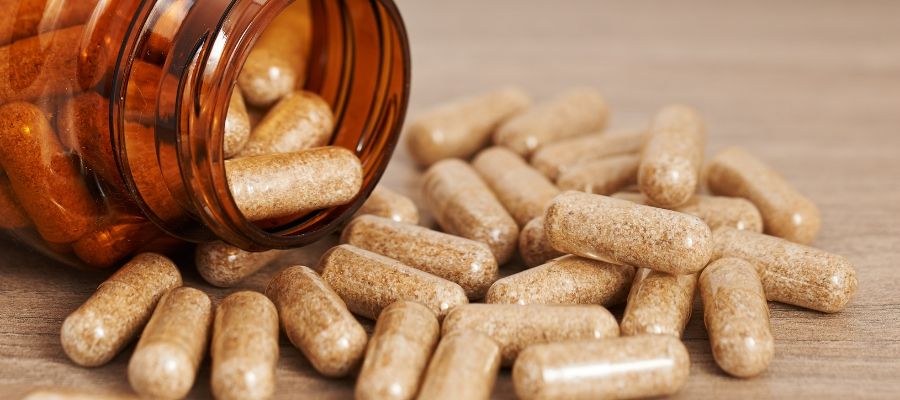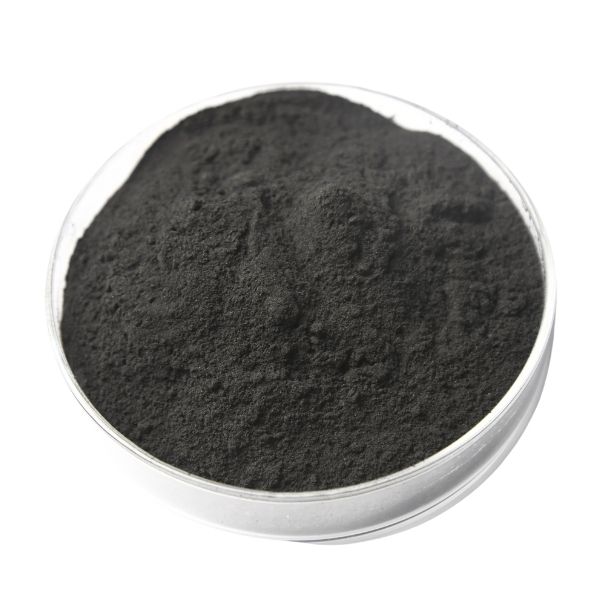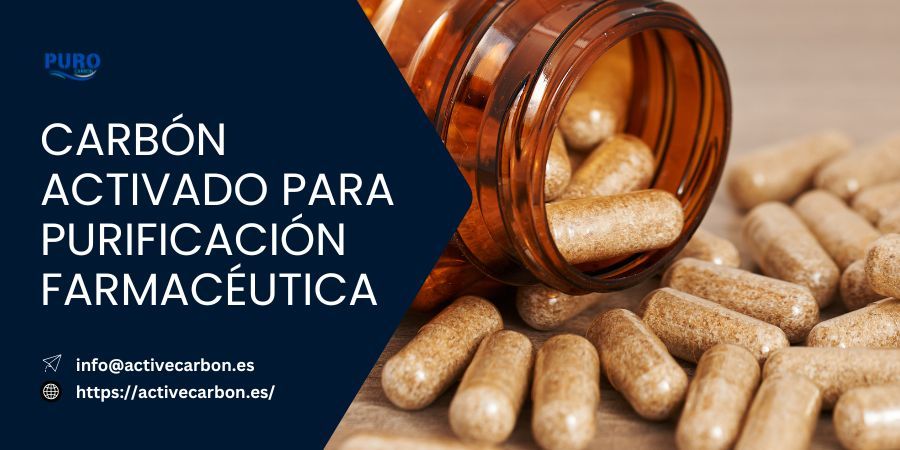The activated carbon is a porous material with high absorption capacity, which plays a crucial role in drug purification due to its excellent physical and chemical characteristics.
Pharmaceutical purification is an important element in ensuring the quality and safety of drugs, and the use of activated carbon can significantly increase purification efficiency and reduce production costs.
In this article, we will explore the applications, mechanisms and advantages of activated carbon in pharmaceutical purification.
Performance of Activated Carbon in Pharmaceutical Purification
Activated carbon is a carbon material with a highly developed porous structure, which has a large contact surface and a strong adsorption capacity.
In the pharmaceutical purification process, activated carbon acts primarily through physical adsorption to remove impurities in drugs. These impurities can include color impurities, organic and inorganic impurities, residual solvents and microbial metabolization products, among others.
The porous structure of activated carbon allows it to adsorb dye molecules, causing the color of the drugs to become clear or almost colorless, achieving the decolorization of the drugs.
The Role of Activated Carbon in Pharmaceutical Purification

Activated carbon is a widely used material in pharmaceutical purification, whose unique physical and chemical characteristics make it an important tool for removing impurities and improving drug quality. The main roles of activated carbon in pharmaceutical purification are presented below:
Synthetic Byproducts
Activated carbon can remove by-products generated during the synthesis process. These by-products can include unreacted raw materials, intermediates and other organic compounds. The porous structure of activated carbon allows it to effectively adsorb these materials, thus improving drug purity.
Color Change and Pigments
Activated carbon is widely applied in decolorization, capable of transforming colored liquids into clear or transparent ones. This is because activated carbon can adsorb organic substances and pigments, removing color impurities in the ingredients, making the drugs transparent or closer to colorless color.
Cellular Residues, Oligopeptides, Proteins
Activated carbon in the downstream process of biological pharmaceuticals can effectively remove host cell proteins (HCP), achieving a reduction of up to 3 points in the log. This demonstrates that activated carbon has a high efficiency in removing cellular residues, oligopeptides and proteins.
Olfactory Compounds
Some drugs can develop bad odors due to synthesis processes or storage conditions. Activated carbon has a good odor adsorption capacity, which can eliminate these bad odors and improve the experience of using the drugs.
Impurities in Raw Materials
In drug raw materials, there may be some impurities, including unreacted raw materials, solvent residues, etc. Activated carbon can help remove these impurities and ensure the quality and safety of the final product.
Metal Residues in Catalysts
During the synthesis of some drugs, the catalysts used can leave metal residues. Activated carbon can adsorb and remove these metal ions, reducing the risk of metal contamination in drugs and ensuring their purity.
The widespread use of activated carbon makes it an indispensable tool in the pharmaceutical purification process, capable of improving the safety and efficacy of drugs.
Request a QuoteActivated Carbon applications in pharmaceutical purification

Activated carbon plays an important role in pharmaceutical purification, capable of handling various types of drugs. Detailed descriptions of different types of drugs are given below:
API (Active Pharmaceutical Ingredient)
The active pharmaceutical ingredient is the main component of the drug, including antibiotics, analgesics, steroids, etc. Activated carbon improves the purity of the API by adsorbing synthesis by-products, impurities and pigments, ensuring the safety and efficacy of the drug.
Request a QuoteVitamins
Vitamins are important nutrients that must maintain high purity to ensure their biological activity. Activated carbon can remove impurities and bad odors during the vitamin extraction process, protecting the quality of vitamins and ensuring their effectiveness in nutritional supplements.
Intermediaries
During the drug synthesis process, intermediates are important transition products. Activated carbon can remove by-products and impurities generated during synthesis, improving the purity of intermediates and providing a better basis for further reactions, ensuring the quality of the final product.
Diagnostic agents
Diagnostic agents are used in medical detection and must have high purity and low impurity content. Activated carbon can remove undesirable components in diagnostic agents, ensuring their accuracy and reliability in clinical applications.
Enzymes
Enzymes, as biological catalysts, are widely applied in pharmacology and biotechnology. Activated carbon can remove impurities and residues during enzyme preparation, protecting enzyme activity and ensuring their effectiveness in reactions.
The adsorption characteristics of activated carbon make it an important tool in the pharmaceutical purification process, capable of improving the quality and safety of various types of drugs.
Request a QuoteActivated carbon selection for pharmaceutical purification

In the process of pharmaceutical purification, the powdered activated carbon is widely used due to its large contact surface, strong adsorption capacity and good discoloration effect, capable of adsorbing impurities and harmful substances in drug solutions, thus improving the purity and safety of drugs.
We offer high performance powdered activated carbon products specifically designed for pharmaceutical purification, which have the following features:
- Large surface area
- Excellent filtration
- Good fading effect
- High purity strictly regulated
- Sorting capacity for small and large impurities
Our powdered activated carbon, known for its low impurity content, high purity and fast filtration speed, plays an important role in the decolorization and refining of drugs, pesticides, Chinese and Western drugs, and has additional functions such as intestinal bacteria absorption and detoxification, significantly improving the quality and safety of drugs.
Request a QuoteConclusion
Activated carbon plays a crucial role in pharmaceutical purification, and its high contact surface and excellent adsorption characteristics allow it to remove impurities in drugs, improving their purity and safety.
Our company offers high quality activated carbon that can meet pharmaceutical purification needs of various types. If you would like to learn more about our products, please contact us. contact with usOur team of experts will provide customized solutions for you.
Frequently Asked Questions
Activated carbon is a specially treated carbon material with a high specific surface area and porous structure that can effectively adsorb impurities and harmful substances. During drug purification, activated carbon is used to remove impurities, dyes and other unwanted compounds, thus improving the purity and quality of the drug.
The advantages of using activated carbon for drug purification include:
- Highly efficient adsorption: capable of adsorbing many types of impurities.
- Improved drug stability: The elimination of impurities improves the chemical stability and biocompatibility of the drug.
- Simplicity: In many purification processes, activated carbon is relatively simple to use and does not require complex equipment.
If used correctly, activated charcoal does not usually affect the activity of a drug. However, in some cases, activated charcoal can adsorb drug components, so compatibility testing is necessary before use.
Yes, the size of activated carbon particles affects their adsorption rate and efficiency. Smaller particles usually have a higher specific surface area and faster adsorption rates, but may cause filtration difficulties. Therefore, it is important to choose the right particle size.
The dose of activated charcoal should be adjusted according to the characteristics of the drug solution and the degree of purification required. It is generally recommended to start with small-scale experiments and gradually increase the dose of activated charcoal until the desired purification effect is achieved.
